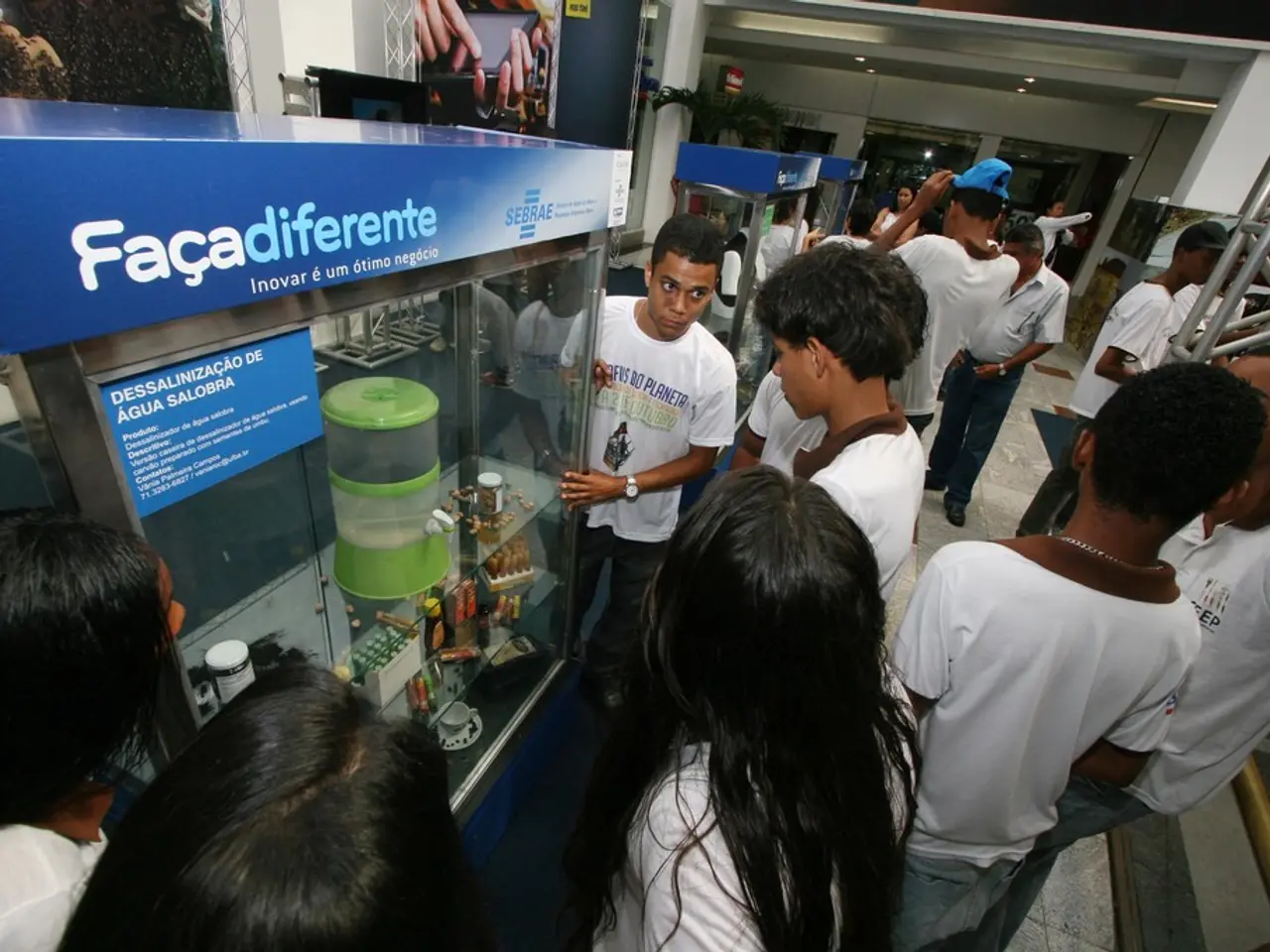COVID-19 Immunity Breakdown: Understanding Natural and Vaccine Immunity
In the ongoing battle against COVID-19, experts continue to emphasise the importance of vaccination as new SARS-CoV-2 variants emerge. A vaccinated and boosted population offers the best possible protection against these new strains.
Natural Immunity and Vaccine-Induced Immunity
Natural immunity is the result of a person contracting a pathogen and their body producing antibodies to protect and fight the pathogen. On the other hand, vaccine-induced immunity results from vaccination, which exposes the immune system to a specific part of the virus, teaching it to recognise and fight the pathogen without causing disease.
Key Differences
Several key differences exist between natural and vaccine-induced immunity. Natural infection exposes the immune system to the entire virus, potentially eliciting a broader antibody and cellular immune response. However, vaccines focus largely on the spike protein, a narrower target.
Vaccination provides a controlled, predictable immune boost without the risk of severe illness or complications that can accompany natural infection. Natural immunity varies significantly between individuals depending on infection severity and other factors.
Both natural and vaccine-induced immunity can wane over time. Studies show that vaccine-induced antibody levels, especially after booster doses, can increase substantially and provide enhanced protection against variants, while natural immunity alone may decline and be less effective against some variants.
Vaccines, especially after boosters, have been shown to raise neutralising antibody levels against multiple SARS-CoV-2 variants (e.g., Alpha, Beta, Delta, Omicron), improving cross-variant immunity compared to natural infection alone.
The Benefits of Vaccination
Vaccine-induced immunity offers safer, more consistent, and boostable protection, particularly against emerging variants. Natural immunity can provide broad but variable immunity that may wane without boosting.
While natural immunity can cause illness, vaccines provide immunity without infection. People can still contract SARS-CoV-2 after being vaccinated, but the infection is usually milder and carries a reduced risk of side effects.
Vaccines help a person's body develop immunity to a disease by either containing an inactive or weakened form of a virus or teaching the body's cells to build specific proteins associated with the pathogen. Each vaccination uses the same formula and dosage, and the person has an identifiable date of vaccination, allowing healthcare professionals to understand how immunity gradually declines over time after vaccination.
The Importance of Vaccination
The Centers for Disease Control and Prevention recommend that everyone aged 6 months and older receive the vaccine and booster shots. A study found that unvaccinated people who had a previous infection were more than twice as likely to contract the infection than those who were fully vaccinated.
Everyone who is able should receive COVID-19 vaccinations, regardless of whether or not they have had the virus, with very few medical reasons not to get the vaccine. The immunity gained from vaccination is usually long lasting and may continue throughout a person's lifetime, but booster doses may be necessary.
The most common type of COVID-19 vaccine is a mRNA vaccine, which teaches the body's cells to build the spike protein of the SARS-CoV-2 virus. People with natural or vaccine-induced immunity had more protection against the virus than those who did not, a phenomenon known as heterologous immunity. Cell-mediated immunity also plays an important role, involving the activation of T cells when they encounter a pathogen.
In summary, vaccination remains crucial to reducing severe disease and controlling COVID-19. While natural immunity can be effective, it is not always lifelong and protection can gradually decline over time. Vaccination offers a safer, more predictable, and boostable alternative to natural immunity in the fight against COVID-19.
- In addition to natural immunity, vaccine-induced immunity also results from vaccination and teaches the immune system to recognize and fight the SARS-CoV-2 virus, providing a controlled and predictable immune boost.
- While both natural and vaccine-induced immunity can wane over time, studies show that vaccine-induced immunity, especially after booster doses, can increase substantially and provide enhanced protection against variants like Omicron.
- Vaccines help the body develop immunity without causing disease, allowing healthcare professionals to understand how immunity gradually declines over time after vaccination, and providing a safer, more consistent, and boostable protection.
- Vaccination, especially after boosters, has been shown to raise neutralizing antibody levels against several SARS-CoV-2 variants, improving cross-variant immunity compared to natural infection alone.
- The immunity gained from vaccination may continue throughout a person's lifetime, but booster doses may be necessary and are crucial to reducing severe disease and controlling COVID-19, offering a safer and more predictable alternative to natural immunity.




